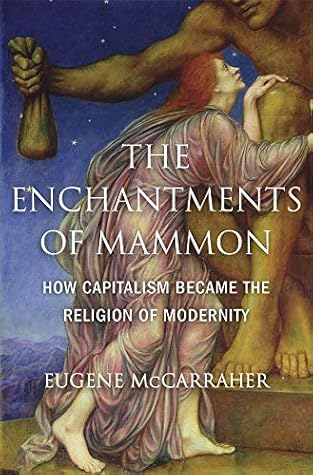Protestant theology and capitalism played crucial roles in Weber’s tale of disenchantment. Rejecting the “foolish and doctrinaire” idea of a direct causal link between the two, Weber argued that the connection inhered both in the “elective affinities” of Protestant theology and capitalist enterprise and in the “psychological drives” for accumulation sanctioned by the new religious doctrines. The “elective affinities” of Protestantism and capitalism originated in the repudiation of Catholic sacramentalism—a Christianized form, he implied, of the earlier enchanted universe, a cultic ensemble of
...more
Welcome back. Just a moment while we sign you in to your Goodreads account.


